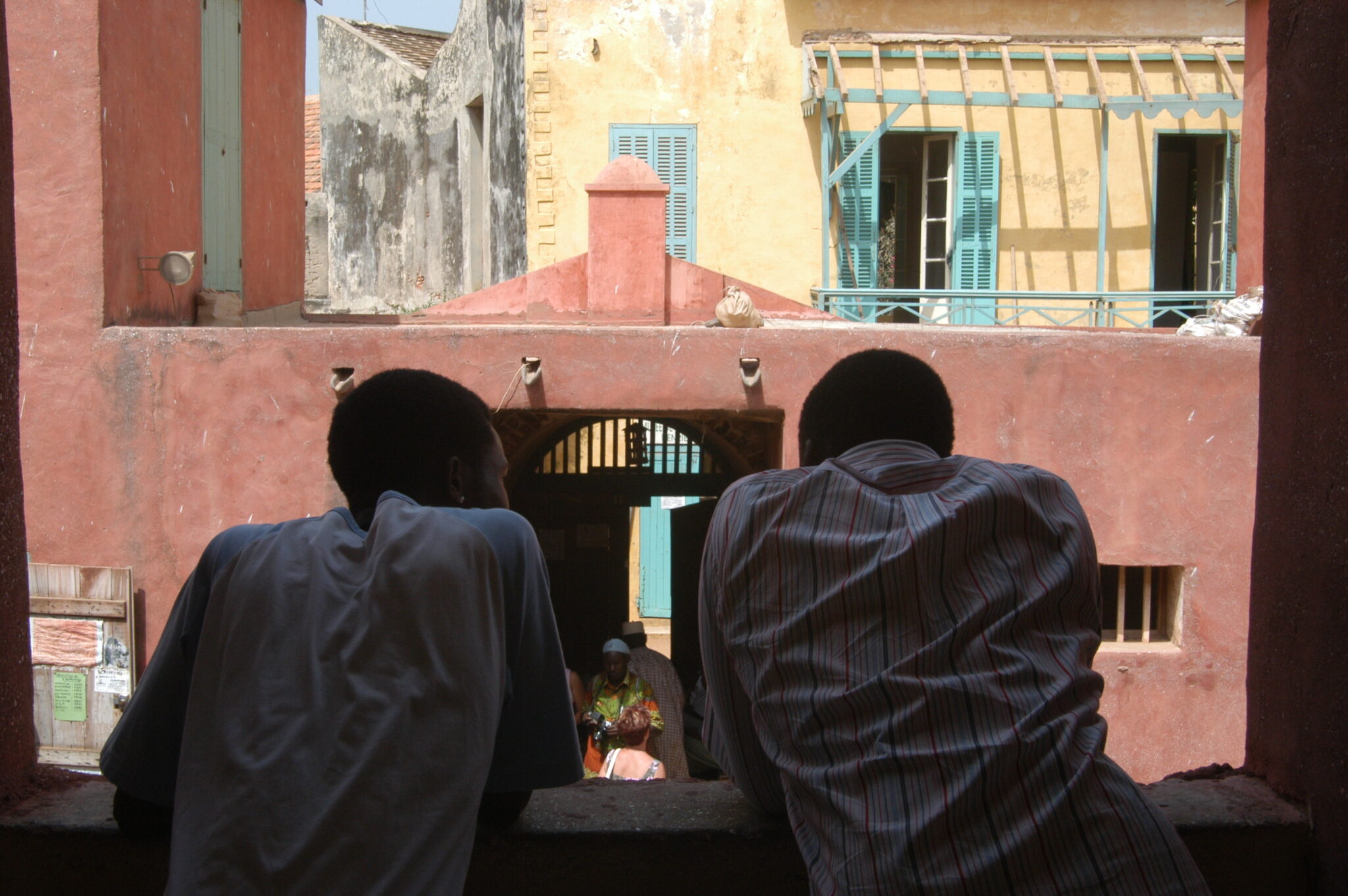Measuring the Effect of Technological Improvements and Compliance Nudges on Property Taxes

Two boys overlook a home in Senegal. © Ken – stock.adobe.com
Context
To pay for public services and foster economic growth, the Senegalese government aims to improve its tax collection (per Senegal’s ten-year development strategy, Plan Sénégal Emergent). As of 2018, the tax to GDP ratio was 16.4%, nearly half of that of rich countries. In particular, property taxes in Senegal only amounted to .4% of GDP, about one fifth of what they could be. The researchers estimate that less than 20 percent of property owners are in the tax net, and that only 9 percent of tax potential is being collected.
Study Design
Researchers partnered with the national tax administration (DGID) to develop and implement a modernized property tax management system, then roll it out through a randomized evaluation in Dakar. For two years, the researchers worked with DGID and a local IT firm to develop an application that would help DGID keep track of properties, property values, locations, and predict what a property’s valuation should be. The researchers then randomly selected 97 cadastral sections in Dakar’s metro area to map properties and upload this data into the modernized record system. This allows them to compare the value of tax collected in these digitally recorded regions to 97 similar regions with business-as-usual tax collection. The experimental design includes cadasters that will and will not be censused, as well as sections for which the property values will be predicted via algorithm versus by human judgment.
After designing the application, the researchers then collaborated with the local taxation office to train field agents on the new application, to inform municipalities which areas should be surveyed (the 97 cadasters to be digitized), and to supervise the implementation of the property tax census.
Researchers are now midway through introducing this modern tax system that is directly helping the Senegalese tax authority increase property tax compliance rates in Dakar. The researchers’ ongoing collaboration with the Senegalese tax administration has led to the administration incorporating the application developed through the project into their IT system, and expressing interest in scaling-up the version of the program determined to be most effective per the results of the evaluation.
Results and Policy Lessons
Results forthcoming.

